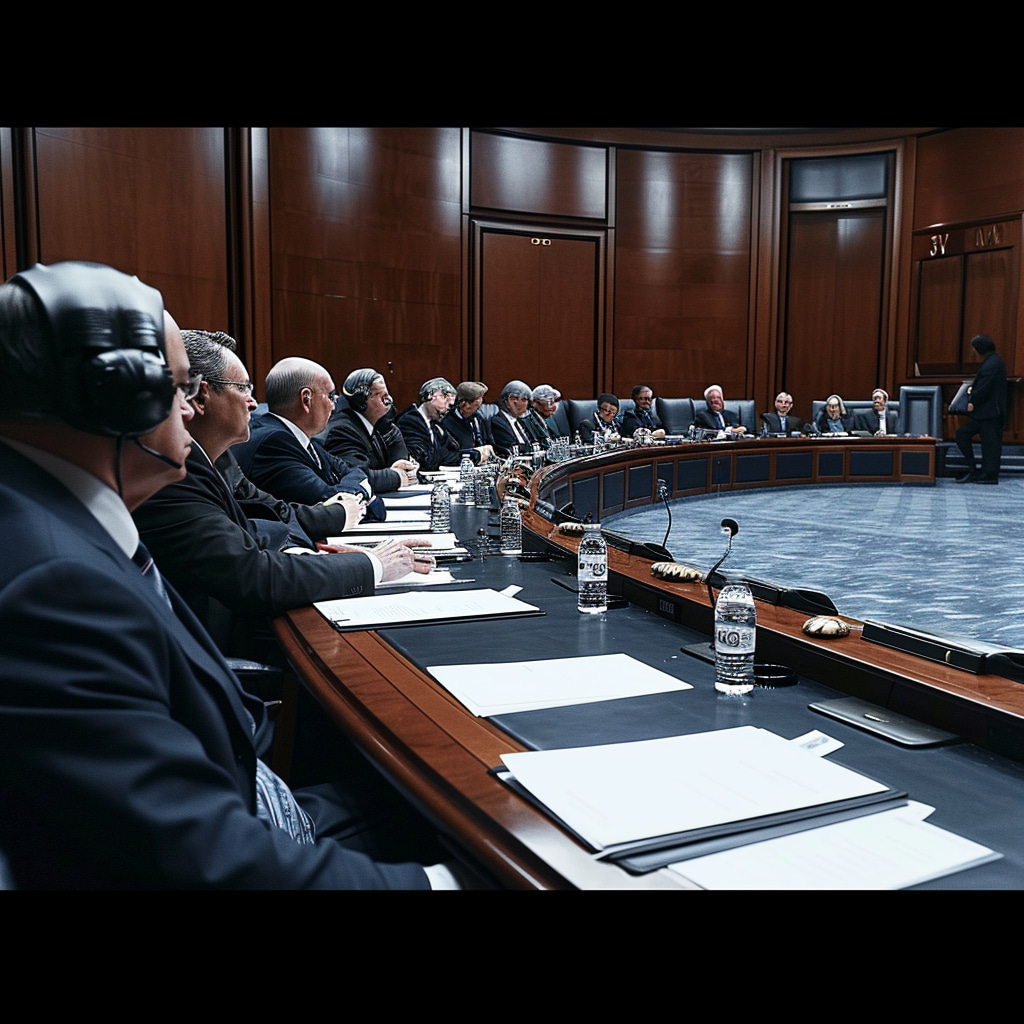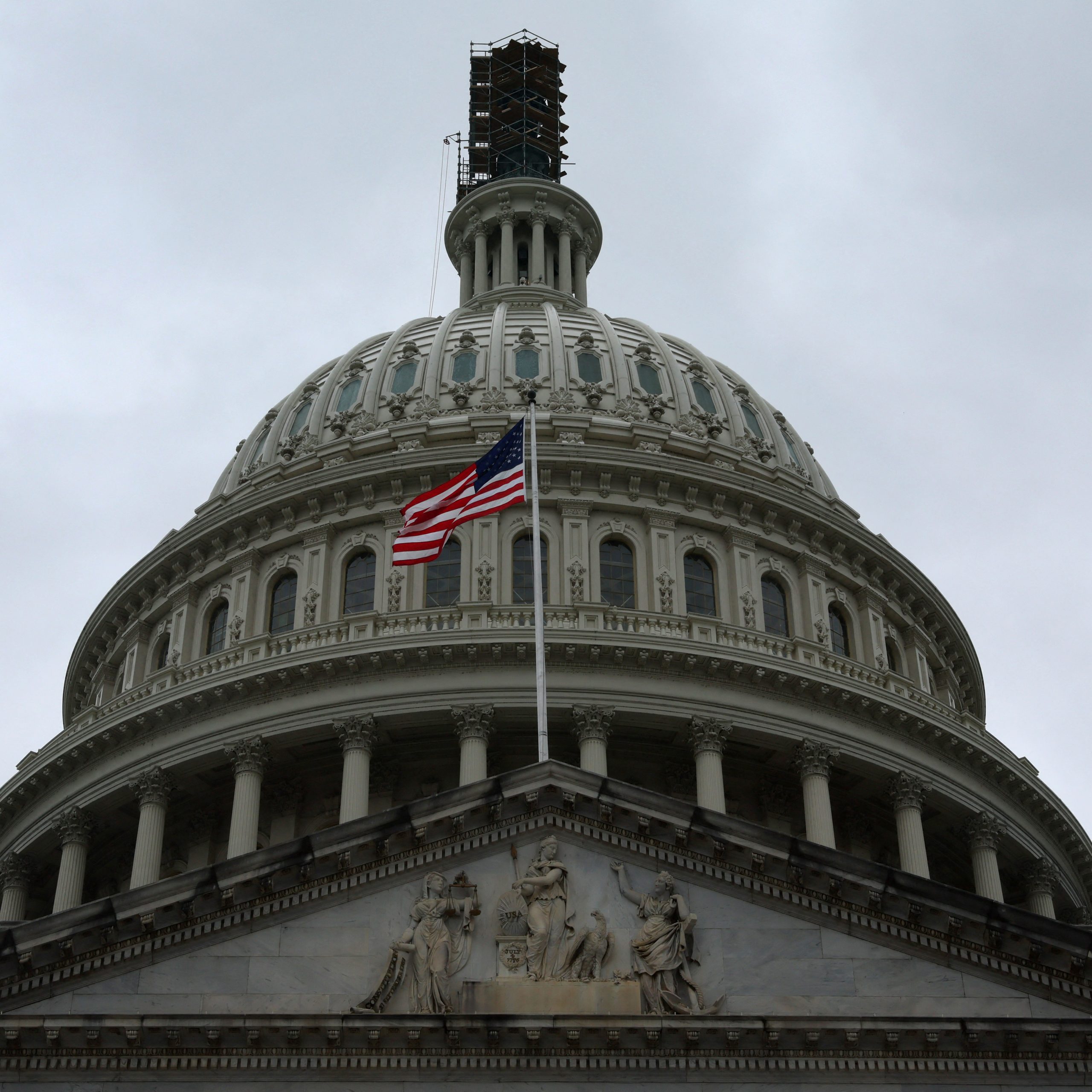In a unanimous decision, the Indiana House approved legislation aimed at addressing the emerging issue of AI revenge porn. The bill, known as HB 1047, seeks to make it a criminal offense to share digitally manipulated intimate images or videos without the subject’s explicit consent.
New legislation targets AI-generated revenge porn
Under the sponsorship of Rep. Sharon Negele (R-Attica), the legislation specifically targets instances where artificial intelligence (AI) is utilized to create deceptive and non-consensual content. This includes scenarios where an individual’s face is superimposed onto another person’s body or the use of AI to undress someone in a photo or video originally taken while clothed.
Speaking on the necessity of the legislation, Rep. Negele emphasized the need to keep pace with evolving technology, stating, “Basically, [we’re] keeping up with technology and what can be done now.” The bill reflects the state’s commitment to adapting its legal framework to address the challenges presented by advancements in AI.
Criminalization and penalties
The newly approved legislation categorizes the act of creating or sharing AI-generated intimate content as a class A misdemeanor. This includes the distribution of images or videos that portray individuals in compromising situations without their consent and through the use of artificial intelligence.
Moreover, the legislation establishes enhanced penalties for repeat offenders. Individuals with a prior conviction under revenge porn laws face a more severe Level 6 felony charge. This escalation in penalties underscores the seriousness with which the state aims to address the issue of AI revenge porn and protect individuals from such violations.
Supporters and opposition
The unanimous support for HB 1047 in the Indiana House reflects a bipartisan recognition of the need to safeguard individuals from the misuse of AI technology in the realm of privacy. Supporters argue that the legislation is a crucial step in adapting the legal system to the challenges posed by modern technology.
However, some critics express concerns about potential First Amendment implications and the difficulty in regulating AI-generated content. The debate over striking a balance between protecting individual privacy and maintaining free expression is expected to continue as the legislation progresses through the legislative process.
The unanimous passage of HB 1047 by the Indiana House signals a proactive response to the challenges posed by AI revenge porn. By criminalizing the creation and distribution of digitally manipulated intimate content, the state aims to protect individuals from the potential harms of advancing AI technology. As the legislation advances through the legislative process, the balance between privacy rights and free expression will likely be a focal point of discussion.





